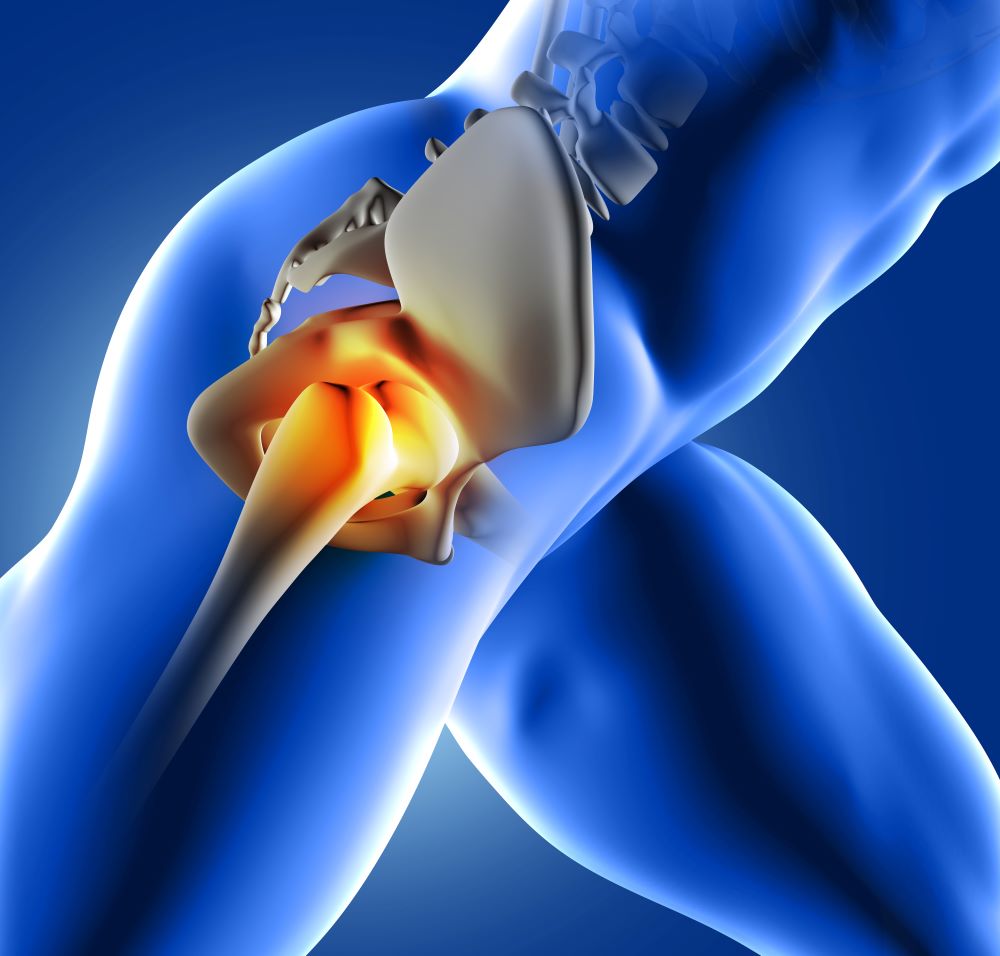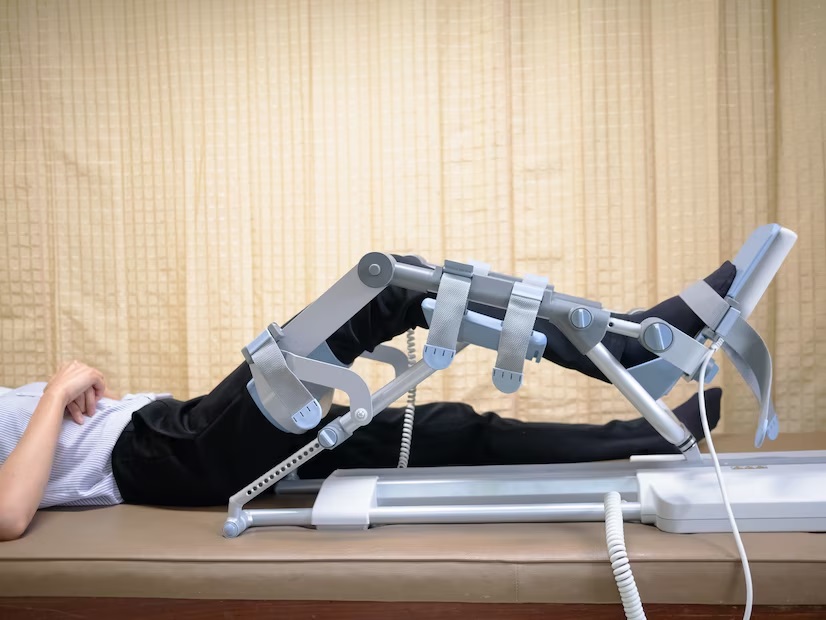Knee replacement surgery, a common orthopedic procedure, has transformed the lives of millions of individuals suffering from chronic joint pain and reduced mobility. As more people opt for this surgical intervention to regain an active lifestyle, questions about the long-term durability of the prosthetic knee naturally arise.
Understanding the factors influencing the longevity of a robotic knee replacement in Mumbai is crucial for individuals considering or undergoing the procedure. This article delves into the key aspects that contribute to the long-term outcomes of knee replacement surgeon in Thane and offers insights into ensuring the sustained success of the surgery.

Factors Influencing Long-Term Outcomes
Research indicates that contemporary total knee arthroplasty can lead to high implant survival rates. Two large case series reported an 85–90% survival of knees treated with modern TKA. A systematic review found that bicruciate-retaining total knee replacement provided satisfactory function and implant survivorship at 23 years.
However, it’s important to note that while TKA successfully alleviates pain from knee osteoarthritis, deficits in function can persist long term. Read about which factors influence long term outcomes of robotic knee replacement in Mumbai.
Implant Material and Design
The choice of implant material and design significantly impacts the durability of the best knee replacement surgeon in Thane. Advances in materials like highly durable metals, ceramics, and polyethylene have improved the wear resistance of prosthetic knees. Additionally, advancements in design, such as improved fixation methods and anatomically shaped components, contribute to enhanced stability and functionality.
Surgical Technique
The skill and precision of the orthopedic surgeon play a pivotal role in the long-term success of knee replacement surgery. A well-executed surgical technique ensures proper alignment, balanced ligaments, and optimal positioning of the implant, reducing the risk of premature wear and implant failure.
Patient Factors
Patient-related factors, including age, activity level, overall health, and adherence to postoperative rehabilitation, influence the longevity of a knee replacement. Younger, more active patients may put more stress on the implant, potentially affecting its lifespan. Conversely, older patients with a more sedentary lifestyle may experience prolonged success.
Postoperative Rehabilitation
Commitment to postoperative rehabilitation is crucial for a successful outcome. Physical therapy and exercises prescribed by healthcare professionals aid in strengthening the muscles around the knee, improving range of motion, and ensuring proper joint function. Patients who actively participate in rehabilitation are more likely to experience sustained benefits from the surgery.
Regular Follow-Up and Monitoring
Regular follow-up appointments with the orthopedic surgeon allow for the monitoring of the prosthetic knee’s condition. Routine examinations, imaging studies, and assessments of joint function help identify potential issues early on, enabling timely interventions to prolong the life of the procedure of the best knee replacement surgeon in Thane.
Pain and Function Trajectories
Studies have also shown variability in long-term pain and function trajectories after TKA. Previous research suggests that patient-reported outcomes plateau by one year after TKA. A recent cohort study in community-dwelling older adults demonstrated improvements in pain, function, and quality of life following TKA.
The long-term outcomes of knee replacement surgery are generally positive in terms of implant survival and improvements in pain and function. However, some patients may experience persistent deficits in function despite pain relief. It’s important for individuals considering TKA to have a thorough understanding of the potential long-term outcomes and to discuss these with their healthcare providers.
Conclusion
While robotic knee replacement in Mumbai surgery offers significant relief from joint pain and improves the quality of life, ensuring the long-term success of the procedure requires a comprehensive approach. Patients and healthcare professionals must collaborate to choose the right implant, prioritize optimal surgical techniques, commit to rehabilitation, and monitor the knee’s condition over time. By addressing these factors, individuals undergoing knee replacement can enhance the durability of their new knee and enjoy sustained benefits for many years to come.
FAQs
How long does a knee replacement typically last?
The lifespan of a knee replacement varies from person to person, but many implants last for 15 to 20 years or even longer. The durability depends on factors such as the patient’s age, activity level, and the type of implant used.
Can I engage in physical activities after knee replacement surgery?
Yes, most people can resume low-impact activities like walking, swimming, and cycling after recovery. However, high-impact sports or activities with a risk of falls may not be recommended. Always consult your surgeon before starting any new exercise routine.
How important is the choice of implant in determining the longevity of the knee replacement?
The choice of implant plays a crucial role in the longevity of the knee replacement. High-quality implants, along with advancements in materials and design, contribute to the overall success and durability of the surgery.
What rehabilitation measures are essential for ensuring the long-term success of knee replacement?
Rehabilitation is vital for long-term success. Physical therapy and exercises help improve strength, flexibility, and joint function. Following the prescribed rehabilitation plan and attending postoperative appointments are crucial for monitoring the knee’s progress.










